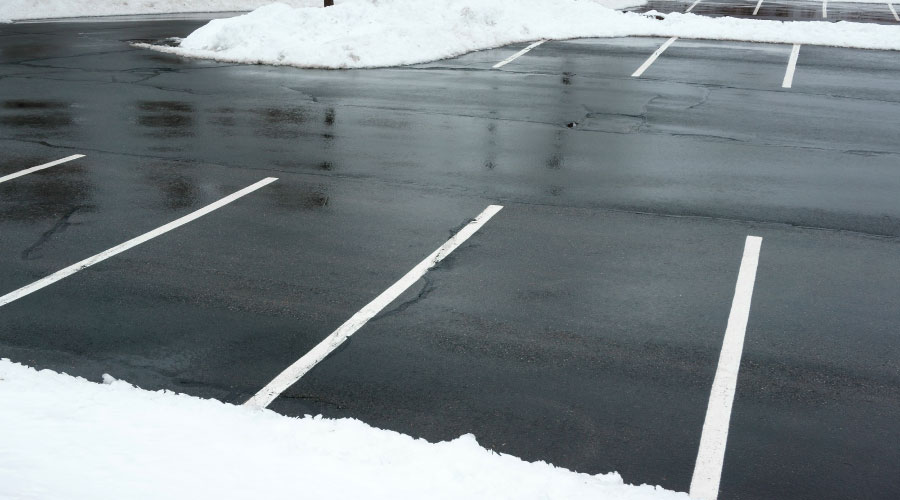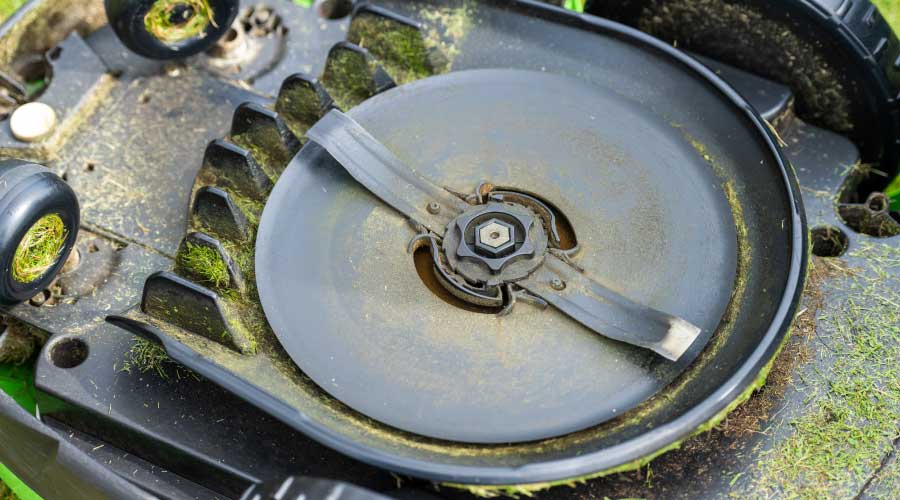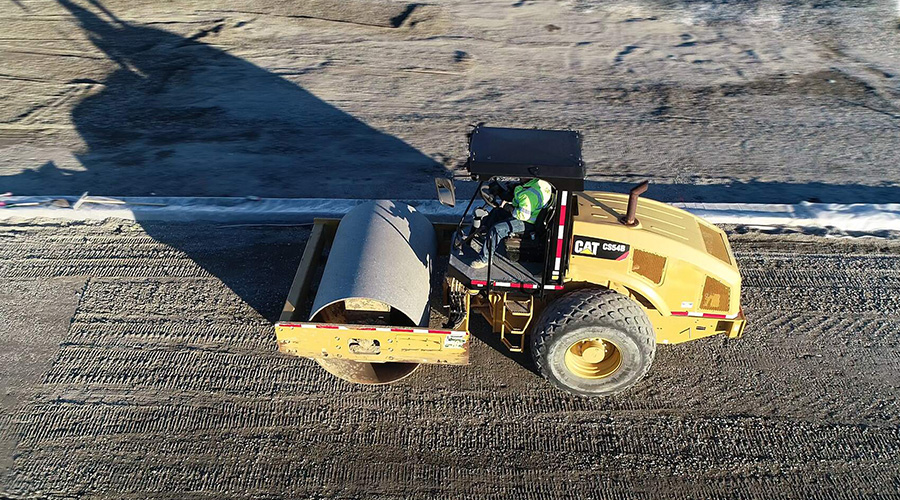Grounds Equipment: Rent, Lease or Buy
One of the next steps for managers is determining whether their best move is to purchase, rent or lease the particular piece of equipment. Each option has benefits.
"Purchasing might be the most economical option now because of more competitive financing options," says Emily Sword, marketing communications manager with Cub Cadet, referring to incentives manufacturers offer to customers who commit to buy.
Interest in leasing among managers seems to be growing, Tew says, "because they can pay for it with their operating budget, not their capital budget."
Managers considering the lease option need to make sure they fully understand the terms and conditions because the process can be confusing. The confusion arises in part, Chenevert says, because "there are different levels of expertise in dealerships to explain leasing, as well as different options from different dealers."
Managers have another reason to approach leasing carefully.
"When budgets are uncertain, it's hard to put out for a long-term lease," Chenevert says, adding "it can cost up to 80 percent of the lease if you have to get out of it."
How do managers decide?
"A purchase makes the most sense when there is an ongoing need and the equipment being purchased is reliable, durable, and holds its value for resale," Garvey says. "Rental is logical when the job is occasional. Leasing is helpful when equipment needs to be updated regularly, and the continuous, level payments are more desirable than ownership.
"Loans (for purchases) are becoming harder to get because lenders have become more stringent. Leasing may still be easier to obtain and can free up other lines of credit because leases are shown on the income statement but not reflected on the balance sheet. But if the desire is to ultimately own the equipment, financing has the edge because of lower interest rates."
Ultimately, the decision will depend on each manager's financial position.
Managers "should consider if it is more beneficial to have low monthly payments or to secure low interest rates," Garvey says. "The answer to that question will determine which financing offers to consider. Some plans require down payments or kick into high interest rates after a promotional period. It's important to learn all the details before entering into the loan agreement."
The final piece of the specification puzzle is determining which equipment option fits best with the experience and skill levels of in-house operators and mechanics.
"If you have a very experienced crew or they are always getting training, you can feel comfortable renting," Chenevert says, because workers probably can handle almost any piece of equipment. But if renting equipment requires additional staff training, managers should incorporate that need into the final decision.
Related Topics:














